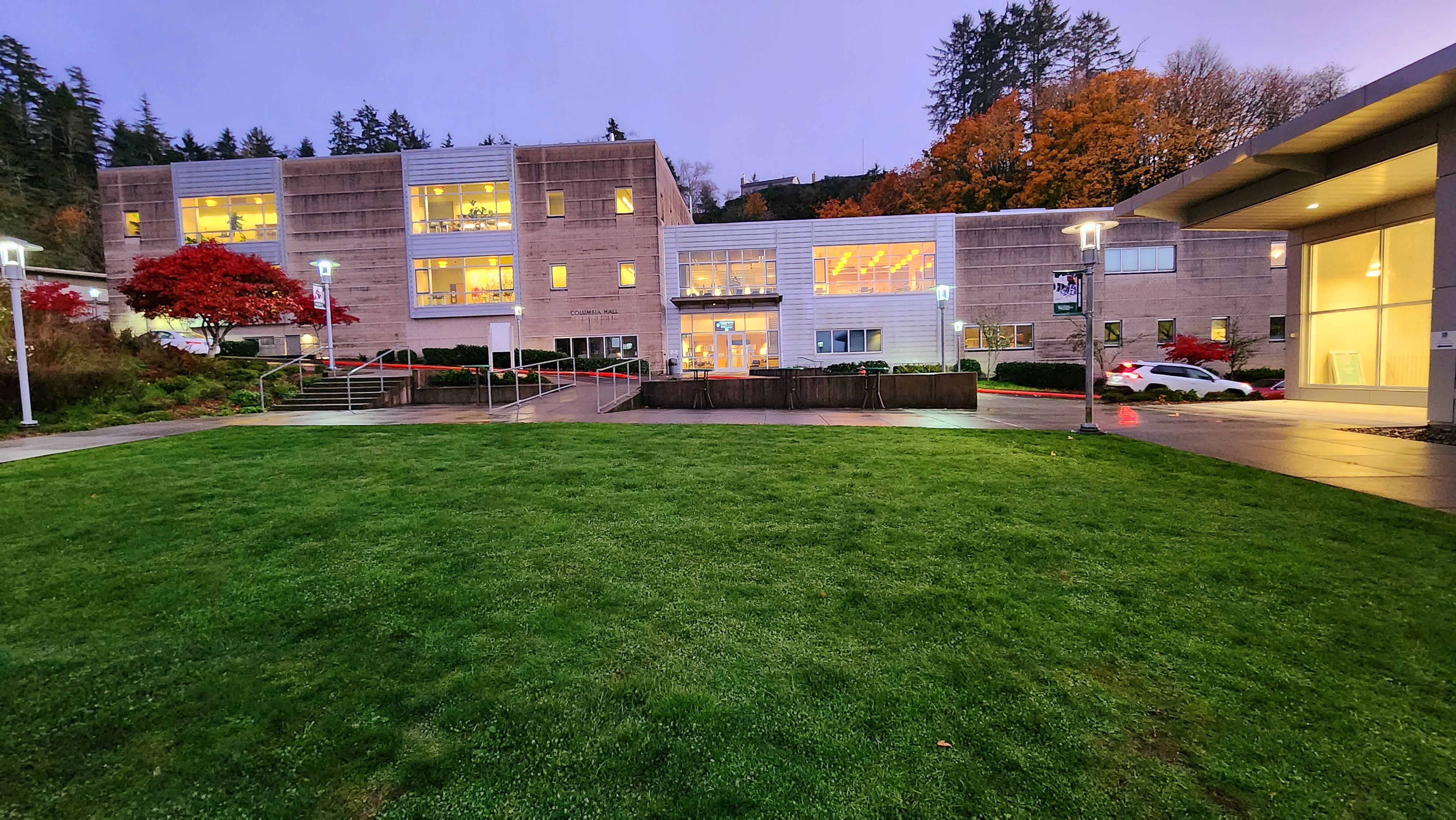
Clatsop Community College is one of nine community colleges in Oregon that have been using corequisite education in its college-level math classes.
courtesy of Clatsop Community College
The first year of learning at a community college can be tough, especially for students who are deemed not academically ready to take college-level English or math courses.
Traditionally, these students often take a semester or two of prerequisite, remedial classes before enrolling in college-level courses. This developmental learning practice is extremely common among two-year public institutions, with as many as two-thirds of incoming community college students taking at least one remedial course, according to the U.S. Department of Education.
But some research suggests remedial courses can impede students and diminish the chances they’ll earn degrees, and advocates for Oregon’s community colleges are looking to make some big changes to developmental learning in postsecondary schools.
At a House Higher Education Committee hearing in Salem last week, the Oregon Community College Association made the case for why the state’s 17 community colleges should make a shift to a “corequisite” learning model for math and writing. As the name suggests, this model allows students to take college-level courses right away while simultaneously receiving remedial courses or other types of support, like tutoring. Advocates of corequisites say a switch to this model could lead to better student outcomes.
“It’s a model that works,” said OCCA Deputy Director John Wykoff at the hearing. “[Data shows] students who were taking a corequisite were performing — in most cases — better than their peers who placed into college-level courses.”
States that have moved to corequisite education have shown positive results for students. A study of Tennessee’s systemwide corequisite effort at its community colleges found students were more likely to pass both college-level math and English classes than with the prerequisite model. But the same study found that corequisites did not have much long-term effect on students completing degrees or transferring to a four-year college.
Advocates of corequisites said the traditional prerequisite model is outdated and no longer benefits students. Research has shown that students enrolled in prerequisite classes are more likely to drop out before even being eligible to take college-level classes.
In the upcoming 2024 legislative session, OCCA said it will push for legislation directing Oregon’s Higher Education Coordinating Commission to start a workgroup tasked with making recommendations on how the state’s community colleges can best transition to a corequisite model.
The group wouldn’t have to look far for examples already in place. More than half of Oregon’s community colleges are already experimenting with corequisite learning in math. Clatsop Community College is one of them. Jennifer Hughes, a second-year student at CCC, took a Math 105 corequisite course at the school. She credits the corequisite model for helping her pass it.
“I had not taken a math class in probably 20-some years,” said Hughes. “I believe my success was because of the extra help. It was a journey to learn math again.”
Data from 2022 and 2023 showed CCC students enrolled on the corequisite path were more likely to pass college-level math. Eighty-six percent of students taking Math 105 as a corequisite passed the class, compared to 75% taking the class alone.
OCCA said corequisites help students stay on track and graduate on time.
“I got to go straight into taking my required courses to get my degree,” said Hughes, who is now applying to CCC’s nursing program. “I think corequisites are a win-win for everybody.”
Quicker completion can also save students thousands of dollars in tuition as prerequisite classes could take several semesters to finish.
The corequisite model is particularly beneficial to students from marginalized communities. BIPOC students, particularly Black and Latinx students, as well as low-income students are disproportionately placed in remedial courses. A study of the corequisite model at the University System of Georgia found that all students in this developmental learning model, regardless of race, were able to complete gateway courses at similar rates.




